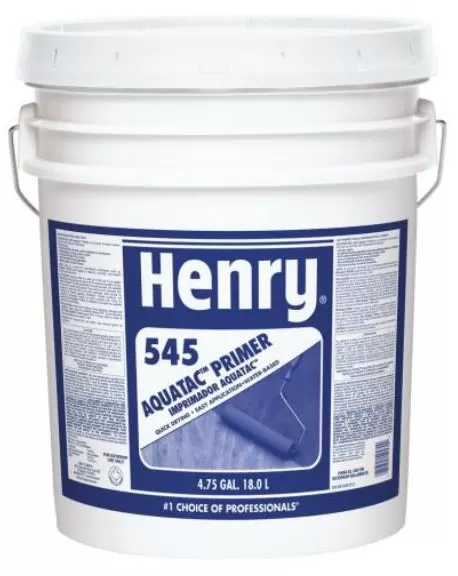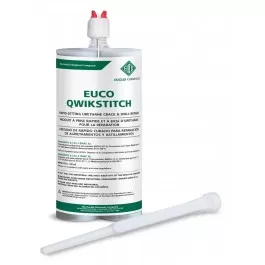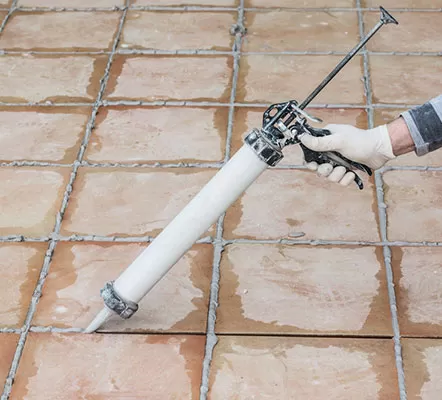Blog
The Importance Of Industrial Coatings
Just like the human body, a building needs to be protected from the elements. Buildings need protection from water, heat, cold, fire, and much more. Industrial coatings provide that protection by covering the surface of buildings. Here are some of the most important benefits of industrial coatings:
They Are Strong
But what exactly is an industrial coating? It’s a protective lacquer layer that can be applied to metal and plastic surfaces for a variety of purposes. They can be water-based or solvent-based and are generally composed of resins, solvents, pigments/colors, additives such as thickeners or coalescents (to aid in drying), and other materials such as glass beads (for sandblasting). The most common resins used are polyurethane and epoxy, which are highly resistant to chemicals/solvents.
They’re also extremely strong; they resist abrasion and impact better than bare metal or plastic surfaces because they have high tensile strength: the ability to stretch without breaking. They’re also resistant—even impervious—to chemicals, solvents, acids, weathering agents like UV light from the sun or Ozone from smoggy air pollution, and even corrosion from salt water exposure during shipping operations!
Mechanical Protection
Industrial coatings are used to protect industrial equipment and structures against the effects of the environment. They protect against abrasion, corrosion, and erosion. Industrial coatings can also reduce maintenance costs by reducing the frequency of repairs or replacements needed. Moreover, they increase the lifespan of equipment by protecting it from severe weather conditions such as rain and snow.
Anti-Corrosive
Anti-corrosive coatings are a vital part of any industrial coating system. In general, they protect against rust and corrosion. They can be used on a variety of surfaces, including metal and plastics, and they can be applied to prevent damage caused by salt or water, chemicals, and other damaging elements. Anti-corrosive paints also prevent damage caused by high temperatures.
They Have A Long Lifespan
Industrial coatings are designed to last for years, not months. They can be applied to a variety of surfaces, including metals and plastics.
The lifespan of an industrial coating depends on many factors—the type of substrate you’re applying it to, whether or not you’re using a primer before application, etc.—but overall, they tend to last longer than other finishes such as paint or vinyl wraps.
Industrial coatings are also very durable in terms of wear and chemical resistance: they can withstand heavy impacts without chipping or peeling off (this is especially true if you apply them properly—more on that later). As an example, let’s say you have some old construction equipment with rusted-out panels; applying an industrial coating will give that newfound panel durability while also making it look sleek and new again!
Reduces Maintenance And Repair Costs
If you’re in the business of manufacturing, then you have a vested interest in keeping your equipment and machinery running as smoothly and productively as possible. There are many different ways to do that, but one of the best ways is by applying industrial coatings.
When applied properly, these coatings can reduce maintenance costs, increase output and overall efficiency by preventing corrosion or wear-and-tear on parts, and contribute to a longer lifespan for the machine itself due to their resistance to chemical agents like corrosion (which will keep it looking sharp), reduce energy consumption over time thanks to their insulating qualities that prevent excess heat from building up inside pipes/valves/etc., etc., etc. It all adds up quickly: less downtime means higher productivity; lower insurance costs mean more money in your pocket; less waste means lower environmental impact; less energy use means fewer greenhouse gases emitted into our atmosphere.
Conclusion
In conclusion, industrial coatings are important because they protect your equipment from corrosion, which allows you to save money and time. Industrial coatings allow for less maintenance and repair costs, which saves money and time too!




